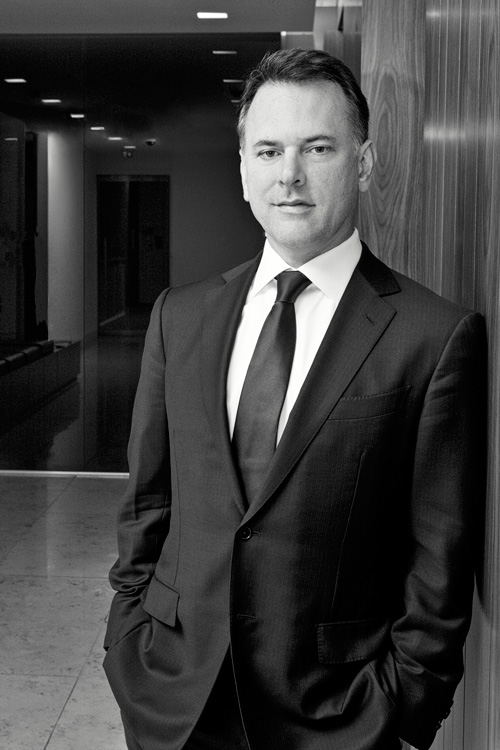 Rob Wallace, the new CEO of Stanford Management CompanyStanford
University’s endowment has appointed Robert Wallace as its new president and
CEO, succeeding John Powers who announced his departure last fall.
Rob Wallace, the new CEO of Stanford Management CompanyStanford
University’s endowment has appointed Robert Wallace as its new president and
CEO, succeeding John Powers who announced his departure last fall.
Wallace, currently CEO and CIO of London-based private investment firm Alta Advisers, will begin transitioning into his new post at the Stanford Management Company immediately. He is expected to take over full-time later this year as head of the $25 billion endowment.
“Rob Wallace brings expertise in global financial management, as well as an understanding of the importance of endowment management to support higher education,” said Stanford President John Hennessy.
The university said Powers, who will be leaving the private post-secondary institution after a nine-year tenure, would work closely with Wallace during the transition.
According to Stanford’s reports, the endowment realized a 16.8% gain for the year ending June 30, 2014. Under Powers’ tenure, the fund returned an annualized rate of 9.9% over the past 10 years, growing from $10 billion to $25 billion.
The Stanford board of directors said they were pleased with the appointment of Wallace, particularly as he “brings experience in international investment management as well as a deep understanding of universities.”
Prior to joining Alta in 2005, Wallace worked at the Yale Investments Office as well as serving on the investment committee of Cambridge University.
Wallace hasn’t always been in the investment management industry. He danced professionally for 16 years as a leading performer with the American Ballet Theatre, Boston Ballet, and Washington Ballet.
He also received his bachelor’s degree from Yale University.
Related Content: Stanford to Dump Coal Holdings, Harvard Names New Endowment Head, Underperforms Peers in 2014
